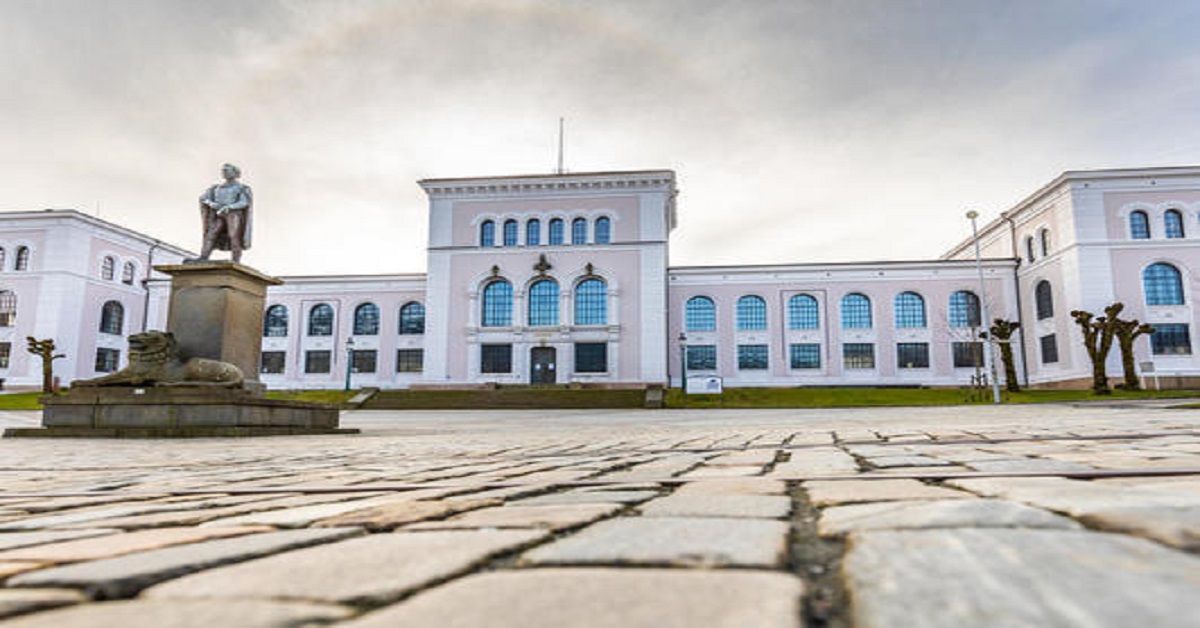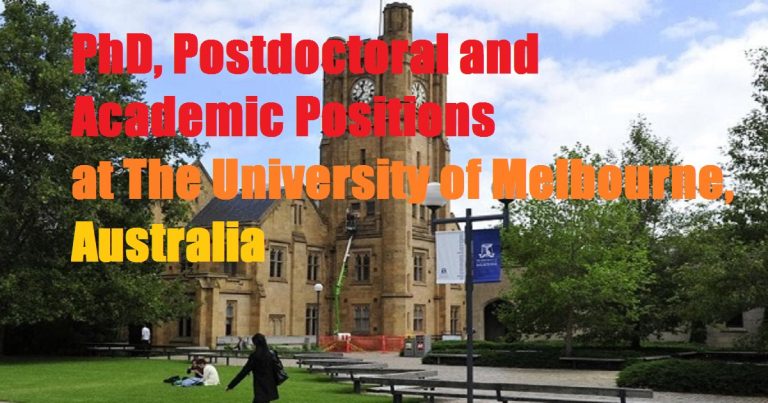
There is a vacant PhD position at the Department of Linguistic, Literary and Aesthetic Studies, by plan starting September 1st 2022 or as agreed. The position is for a fixed-term period of 4 years, and is associated with the SFF-initiative Visions of the Arctic (VOA) under the leadership of professor Sigrid Lien | Department of Linguistic, Literary and Aesthetic Studies | University of Bergen (uib.no).
About Visions of the Arctic (VOA):
The Research plan for Visions of the Arctic (VOA) aims at developing a ground-breaking humanities-based model for transdisciplinary collaboration, in order to build a new, comprehensive understanding of the Arctic as a cluster of visions and visualisations with inherent paradoxes and conflict lines, and to grasp and address the political and environmental explosiveness of the region. Visions and visualisations are vital in the development, maintenance, and movement of ideas in both scientific and popular understandings of the Arctic. They are also fundamental in the ongoing processes of rhetorically establishing a wide range of different and often opposing interests and conceptions of reality in the Arctic. Moreover, they form a common ground that bridges different epistemic, political, social, and cultural practices. By focusing attention to visions and visualisations in the fields of politics, knowledge production and climate emergencies, VOA will transcend the disciplinary compartmentalisation of Arctic research and its rigid nature-culture binaries. This is critical at a time when climate change compels heightened awareness of its global environmental and social impacts, yet also spurs increased interest in extractive exploitation and new trade and navigation routes. Visual performances of power, heated debates on sovereignty and settler-colonial entanglements form part of this development. VOA will map, connect, and analyse these tensions and develop capacity to address them. It brings together excellent social-science and humanities scholars specializing in the High North; scientists from the Bjerknes Centre, one of the largest climate-research units in Europe; and the Bergen University Museum, with substantial Arctic-related collections and a brand-new exhibition arena designed to meet challenges of transdisciplinary research dissemination.
The research team is currently engaged in a pilot project that explores the connection Bergen-Greenland in a historical as well as a contemporary perspective. This connection, which basically is a history about colonisation, mission, and trade, has so far received little attention in contemporary scholarship. The missionary Hans Egede departed from Bergen when he embarked on his Greenland expedition in 1721. He was supported by private donations from Bergen trade families as he founded a missionary outpost on Kanaq island, and there was frequent contact between the Kanaq colony and Bergen. In 1723 a company “Det Bergenske Handelskompani” was granted monopoly rights to trade with Greenland, and also a “no toll” agreement to boost trade. There are still documents, visual material and other objects related to this history and the subsequent missionary enterprise in Greenland in archives and museums in Greenland and in Bergen. The research team will thus study the Bergen-Greenland axis through a transdisciplinary approach built on perspectives from the humanities, social sciences, and climate research, with a particular focus on the conglomerate of visions and visualisations related to the Bergen-Greenland connections. A collaborative publication and exhibition project (the latter in co-operation with Bergen University Museum) are among the planned results of this research.
The PhD project will contribute to the research on the Bergen-Greenland connections. The project can for example explore how visions and visualisations of Arctic politics are constructed and contested on different levels, ranging from the transnational to the local – as well as in the cultural sphere, which permeates them all (e.g. colonialism, extractivism, mission, post- and decolonial activism). Another relevant field of study is knowledge production: the major visions it has advanced, the images it has generated, and its circulation in various practices, including in the museum space. Finally, the project could focus on historic and contemporary art: e.g., of the imagined Greenland in historical art; or how contemporary art addresses climate emergencies and their potential social consequences, as well as and the issue of local and indigenous sovereignty. Applicants must submit a proposed PhD project and a project description (see “How to apply” for details). The duties connected to the PhD position can be added to the work with the exhibition, which is planned as a part of the research group’s Greenland initiative.
Qualifications and personal qualities:
- The applicant must hold a Norwegian master’s degree or an equivalent foreign research-based MA (a five-year degree including the BA) in a relevant discipline such as art history or visual studies. It is a condition of employment that the master’s degree has been awarded at the time of application. Applicants who do not have a Norwegian master’s degree will be evaluated according to the regulations of the Norwegian Agency for Quality Assurance in Education (NOKUT).
- As a rule, the applicant must have the grade A or B on the master’s thesis. The scope of the master’s thesis must be a minimum of 30 ECTS.
- The applicant must be able to work independently in a well-structured way and have good cooperation skills.
- The applicant must have advanced knowledge of and advanced command of the Norwegian language, oral and written.
- The applicant must be proficient in both written and oral English.
Applicants will be evaluated according to admission requirements in The Faculty of Humanities’ PhD Program pt. 2.1.
In assessing the candidates, special weight will be given to experience in the following areas:
- Experience from work on historical or contemporary art, connected to colonial relations.
- Experience from work embedded in museological perspectives and exhibition analysis/ exhibition production.
- Experience from work on scientific knowledge production, and analysis of scientific visualisation practices.
- Experience from participation in other research and development projects.
In assessing the applications, both the academic quality of the project and the applicant’s qualification will be considered.
In cases where ranked applicants have approximately equivalent qualifications, strategic considerations, motivation and the applicant’s personal eligibility will be taken into account.
About the PhD position:
The main purpose of the PhD position is to complete a doctoral degree, which qualifies for independent research and for other forms of employment that demand specific competency. The duration of the PhD position is four years, of which 25 percent of the time comprises duties associated with teaching, dissemination of results, and administration. The plan for this part of the position is developed in collaboration with the Department at the very beginning of the employment period.
The employment period may be reduced for candidates who have previously been employed in a recruitment position at other institutions. Applicants who have already held a PhD position at the University of Bergen are not eligible for employment.
The PhD student will be a part of the research group Visual Culture connected to LLE’s art history environment, as well as taking part in VOA’s transdisciplinary activities.
The PhD position demands that the applicant has his or her regular workplace at the University of Bergen, the Department of Linguistic, Literary and Aesthetic Studies, and comply with the guidelines that apply to the position at all times.
About the research training:
The PhD Candidates must participate in the faculty’s educational program, this entails completing a training component of 30 ECTS, annual progress reporting and a midway evaluation halfway through the PhD period. Click here for additional details on the content and requirements of the PhD program at the Faculty of Humanities.
We offer:
- A good and professionally stimulating working environment.
- Salary at pay grade 54 (Code 1017/Pay range 20, alternative 10) in the state salary scale, currently NOK 490 800 gross p.a. following ordinary meriting regulations.
- Enrolment in the Norwegian Public Service Pension Fund.
- A position in an inclusive workplace (IA) enterprise.
- Good welfare benefits.
How to apply:
Applications must be sent electronically via the link on this site “APPLY FOR THIS JOB”. The applicant must use the electronic CV-form.
The following information must be enclosed and uploaded:
- A brief account of the applicant’s research interests and motivation for applying for the position.
- CV.
- The name and contact information for two references. One of these must be the main advisor for the master’s thesis or equivalent thesis.
- Transcripts and diplomas showing completion of the bachelor’s and master’s degrees.
- A short summary of the master’s thesis or equivalent thesis (up to 3 pages).
- Relevant certificates/references.
- A description of the proposed project (up to 5 pages):
- A short summary of the proposed project.
- Orientation in the research field. How is the project situated in the field and how can it bring forward new insights?
- Project objectives, research questions and/or hypothesis.
- Theoretical orientation and methodology.
- A progress plan for the PhD project.
- Bibliography for the proposed project.
- A list of any works of a scientific nature (publication list).
- Master thesis.
- Any scientific work in your name besides the master thesis (up to 3).
The application and appendices with certified translations into English or Norwegian must be uploaded at Jobbnorge. Attachments can be either in Word or pdf-format.
General information:
Detailed information about the position can be obtained by contacting professor Sigrid Lien, phone 55 58 3201, email: Sigrid.Lien@uib.no, a or Head of department Anders Fagerjord, phone 55 58 36 53, email: anders.fagerjord@uib.no.
The public sector workforce should reflect the diversity of Norwegian society. People with immigrant backgrounds and people with disabilities are encouraged to apply for the position.
The best qualified candidates for the position will be invited to an interview.
The University of Bergen applies the principle of public access to information when recruiting staff for academic positions. Information about applicants may be made public even if the applicant has asked not to be named on the list of persons who have applied. The applicant must be notified if the request to be omitted is not met.
Further information about the recruitment process here.
Further information about the application here.
Questions or queries about the electronic application process can be directed to The Faculty of Humanities: fakadm@hf.uib.no.
Life as a PhD candidate at UiB
Marion Claireaux tells about life and work as a PhD candidate at UiB.https://www.youtube.com/embed/nrtp6VxMeJ4?autoplay=0&modestbranding=1&playsinline=0&rel=0&start=0&enablejsapi=1&origin=https%3A%2F%2Fwww.jobbnorge.no&widgetid=2
About UiB
The University of Bergen is a renowned educational and research institution, organised into seven faculties and approximately 54 institutes and academic centres. Campus is located in the centre of Bergen with university areas at Nygårdshøyden, Haukeland, Marineholmen, Møllendalsveien and Årstad.
There are four departments and four centres at Faculty of Humanities. Read more about the faculty and departments.



![Sydney University [AU]: Research and Academic Opportunities](https://scholaridea.com/wp-content/uploads/2020/12/University-of-Sydney-768x403.jpg)